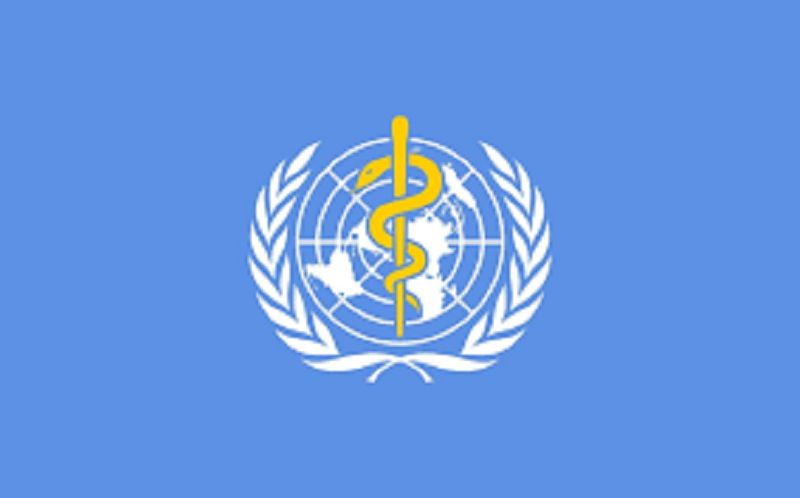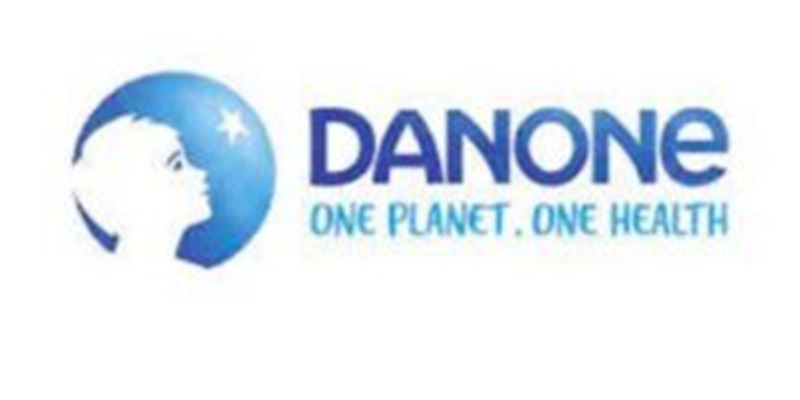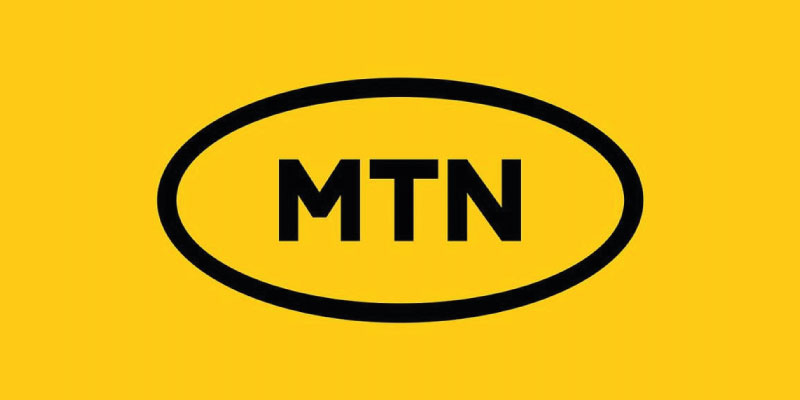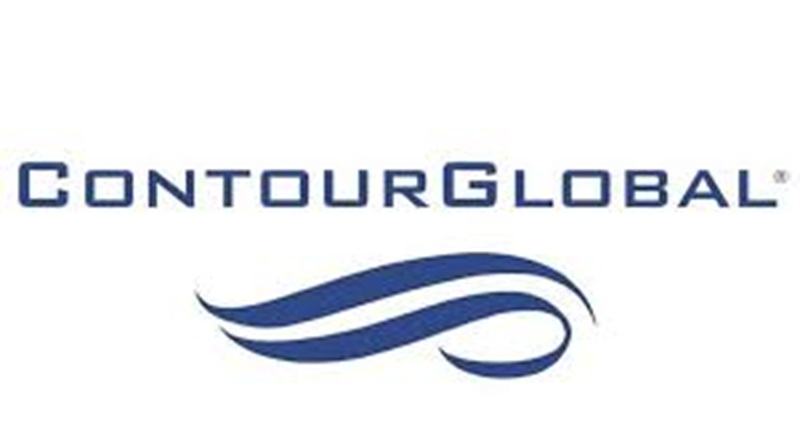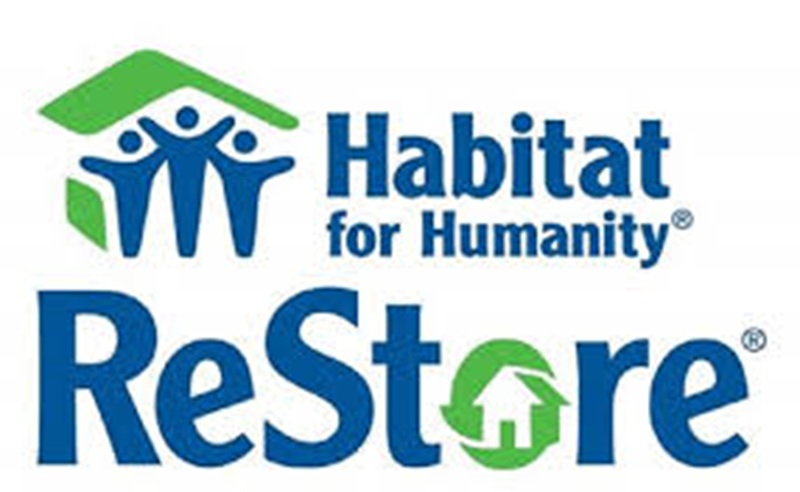POSTE 1 : Graphic Designer – (2206047)
OBJECTIVES OF THE PROGRAMME
The Strategic Planning and Policy (SPP) Unit contributes to attainment of the strategic agenda of the Universal healthcoverage/Communicable and non-communicable diseases (UHC/UCN) cluster in the WHO African region, that is, to reduce disease burden by guiding disease control agenda setting in Africa, and using analytics to inform strategic investments and tailored interventions for disease control, thus contributing through its country support investments to 3 disease control outcomes at country-level: improved disease programme governance; improved interventions coverage; and improved services quality. Investments towards these outcomes are guided by comprehensive and whole of society approach, as well as integrated people-centred approach to disease control. The comprehensive and whole of society approachentail investments around: (a) coherent implementation of triple response -technical response: implementing diseases specific normative guidance, promoting intervention mixes and deploying medical commodities; health systems response: building capacities of district service delivery systems in disease mapping and stratification, interventions tailoring, and sector/subsector planning; and multi-sectoral response: addressing socio-economic and environmental determinants of diseases through mobilizing non-health sectors,communities and stakeholders; (b) disease control partnership of public and private sectors, health and non-health sectors; and (c) community involvement in targeted high-risk communities, focused on managing determinants of diseases, health services demand creation and accountability bylocal health stewards. The integrated and people centred approach todisease control involves investments around: (a) integrated guidance on diseasecontrol for each health service delivery platform, a move away from stand-alone disease specific guidance; and (b) integrated and efficient disease control investments in strengthening the capacity of appropriate health services delivery platforms through deployment of appropriate technologies and analyticsto guide stratification of disease risks across population groups in order todevelop and deploy comprehensive packages of interventions appropriate for each population group and health service delivery platform, as well as monitor population access, coverage and impact to leave no one behind. Specifically, the UCN cluster, including the SPPunit, provides regional strategic leadership towards enhanced disease control investment efficiency, equity and impact with focus on the following objectives: (i) leadership in coordination, partnerships and resource mobilization fordisease control; (ii) generation of analytics-driven strategic information to set disease control agendas and guide investments; (iii) development of WHO disease controltechnical products, services, and tools; and (iv) facilitation of country support – technical assistance and institutional capacity building -towards improved program governance, improved interventions coverage,and improved interventions quality.
DESCRIPTION OF DUTIES
Apply knowledge of process and branding to successfully execute and complete various types of UCN/SPP materials (offline web pages, online event information and booking pages, brochures, catalogs, training documents, newsletters, factsheets, PowerPoint presentations, briefs and any other business development materials) -Set up norms and procedures of graphic design to be applied to any UCN documents.Coordinate layout, design and revisions of documents from programmes across the UCN cluster. Collaborate with the Regional Office communication unit on design andformatting of presentations/documents in a variety of formats and across avariety of media. Maintain archive of presentations, flyers, country and regional profiles, including standard file structures, sharing of best products, knowledge and expertiseDevelop and maintain a roster of graphic designers across the region, who can be deployed to support WHO Country Offices and Member States. Contribute to building capacity in graphic design in WHO Country Offices.Explore and propose innovative approaches to convey data and narratives from reports.Support the development of communication products such as leaflets, booklets, brochures, posters etc. Liaise and follow up with RO-TIP for printing and processing of final documents when required.Perform any other tasks as assigned by the supervisor.
REQUIRED QUALIFICATIONS
Education
Essential: University Degree in graphic design or related field.
Desirable: Prior working experience with WHO/UN or with an international non governmental organization.
Experience
Essential: At least two years of working experience in graphic design including at least 3 years with an international organization, preferably UN or other similar organizations. Demonstrated expertise in professional formatting of official documents using graphic design software (Adobe CS and others).
Desirable: Prior working experience with WHO/UN or with an international non governmental organization.
Skills
A portfolio of documents such as pdfs, PowerPoint presentations, pamphlets, display boards etc.Strong PowerPoint skills essential Must be familiar with software such as Adobe In Design, Illustrator, Photoshop etc…Must have extensive experience of web site design and graphic maintenance.
WHO Competencies
Teamwork
Respecting and promoting individual and cultural differences
Communication
Ensuring the effective use of resources
Producing results
Use of Language Skills
Essential: Expert knowledge of English. Intermediate knowledge of French.
Desirable: Intermediate knowledge of Portuguese.
REMUNERATION
WHO salaries for staff in the Professional category are calculated in US dollars. The remuneration for the above position comprises an annual base salary starting at USD 49,254 (subject to mandatory deductions for pension contributions and health insurance, as applicable), a variable post adjustment, which reflects the cost of living in a particular duty station, and currently amounts to USD 2241 per month for the duty station indicated above. Other benefits include 30 days of annual leave, allowances for dependent family members, home leave, and an education grant for dependent children.
ADDITIONAL INFORMATION
- This vacancy notice may be used to fill other similar positions at the same grade level
- Only candidates under serious consideration will be contacted.
- A written test may be used as a form of screening.
- In the event that your candidature is retained for an interview, you will be required to provide, in advance, a scanned copy of the degree(s)/diploma(s)/certificate(s) required for this position. WHO only considers higher educational qualifications obtained from an institution accredited/recognized in the World Higher Education Database (WHED), a list updated by the International Association of Universities (IAU)/United Nations Educational, Scientific and Cultural Organization (UNESCO). The list can be accessed through the link: http://www.whed.net/. Some professional certificates may not appear in the WHED and will require individual review.
- Any appointment/extension of appointment is subject to WHO Staff Regulations, Staff Rules and Manual.
- Staff members in other duty stations are encouraged to apply.
- For information on WHO’s operations please visit: http://www.who.int.
- WHO is committed to workforce diversity.
- WHO prides itself on a workforce that adheres to the highest ethical and professional standards and that is committed to put the WHO Values Charter into practice.
- WHO has zero tolerance towards sexual exploitation and abuse (SEA), sexual harassment and other types of abusive conduct (i.e., discrimination, abuse of authority and harassment). All members of the WHO workforce have a role to play in promoting a safe and respectful workplace and should report to WHO any actual or suspected cases of SEA, sexual harassment and other types of abusive conduct. To ensure that individuals with a substantiated history of SEA, sexual harassment or other types of abusive conduct are not hired by the Organization, WHO will conduct a background verification of final candidates.
- WHO has a smoke-free environment and does not recruit smokers or users of any form of tobacco.
- WHO has a mobility policy which can be found at the following link: http://www.who.int/employment/en/. Candidates appointed to an international post with WHO are subject to mobility and may be assigned to any activity or duty station of the Organization throughout the world.
- Applications from women and from nationals of non and underrepresented Member States are particularly encouraged.
- *For WHO General Service staff who do not meet the minimum educational qualifications, please see e-Manual III.4.1, para 220.
POSTE 2 : Data Manager (M & E) – NOB – (2206219)
BACKGROUND:
Nigeria has made significant progress in polio eradication program and certified polio free while striving to interrupt cVDPV2 outbreak. The Nigerian national authorities have intensified efforts to interrupt circulating poliovirus transmission within the shortest time possible. Intensified polio eradication activities are being undertaken in a manner that would complement ongoing efforts including innovative surveillance activities. Therefore a strong Monitoring and evaluation system with accompanying data management is indispensable for better guiding the program towards the goals. Data Management supported by latest technology and innovation is a very crucial component to ensure effective implementation of the EPI activities.
MAIN OBJECTIVE OF ASSIGNMENT:
The objective of the post is to coordinate WHO data management and M&E activities at zonal level and provide evidence driven information for actions aimed at supporting the zone/states to (a) ensure availability of quality, timely, and complete information that guides the surveillance and immunization program (b) monitor achievement of recommended surveillance performance indicators for Acute Flaccid Paralysis (AFP), other Vaccine Preventable Diseases as well as other diseases of public health priority as highlighted in Nigeria’s Integrated Disease Surveillance and Response (IDSR) strategy. c) provide M&E, AF, and evidences through the timely utilization of ODK and different data available and guide the program.
SPECIFIC TASKS:
Under the overall guidance of the WHO country office representative and over all supervision of PEP/Polio focal point and guidance of the M&E Coordinator, the monitoring and evaluation officer will carry out the following specific task:
- Coordinate Data Management activities for Monitoring and Evaluation of WHO Processes via the Monitoring and Evaluation Tracking Tool
- Supervise and Support the ZDA/M&E in the management of the Monitoring and Evaluation Tracking tool.
- Ensure timely submission of monthly state/zone data for M&E tracking tool.
- Provide monthly feedback to States on performance of each officer – CC/LGAF/FV.
- Conduct monthly and quarterly evaluation of ZDAs and SDAs using the Monitoring and Evaluation Tracking Tool.
- Manage and Provide Feedback on Mobile Device Data (MDD) from the ODK server
- Collate, Clean and Share ISS and CVF data weekly for submission to WCO
- Provide technical support in terms of Phone Configuration, trouble shooting and Collating Data via Mobile Devices
- Conduct Field Test on new innovations and Survey Forms where necessary using agile Methodology
- Conduct capacity building training on ODK for all officers in the zone
- Provide feedback to states on Integrated Supportive Supervision Checklist, Case verification database, Detailed Case Investigation and all other Mobile-based data
- Build capacity of government, laboratory, and WHO staff at zonal and state level
- Follow up with laboratory data managers and conduct supportive supervision to conduct hands on data management training.
- Coordinate data management training to WHO staff at state level during zonal quarterly review meeting and other meetings.
- Build the capacity of government staff in data management programs including data analysis, ODK, and mapping.
- Coordinate Data Management activities for Monitoring and Evaluation of WHO Processes via the Monitoring and Evaluation Tracking Tool
- Supervise and Support the ZDA/M&E in the management of the Monitoring and Evaluation Tracking tool.
- Ensure timely submission of monthly state/zone data for M&E tracking tool.
- Provide monthly feedback to States on performance of each officer – CC/LGAF/FV.
- Conduct monthly and quarterly evaluation of ZDAs and SDAs using the Monitoring and Evaluation Tracking Tool.
- Support periodic donor report preparation
- Produce monthly M&E report on surveillance and SIAs to donors and top management
- Support periodic donors report preparation for polio eradication program.
- Support the digitization of M&E/AF with EOC and partners
Cross cutting Tasks:
- Database development to enhance data quality and analysis output.
- Ensure back up of all databases on regular basis.
REPORTING REQUIREMENTS:
- The M&E/DM will report to the WHO PEP CL and to the WHO PEP national M&E Section Head.
- Overall policy and managerial support and guidance will be provided by the WHO Representative in Nigeria.
Competencies:
- Communication
- Producing result
- Fostering integration and teamwork
- Ensuring the effective use of resources
- Building and promoting partnerships across the organization and beyond
- Promoting WHO’s position in health leadership
Education:
Essential: University Degree in Computer Science, Statistics, Monitoring & Evaluation or data management related field from an accredited institution.
Desirable: Master’s degree in Computer Science, Statistics, Monitoring & Evaluation or data management related field from an accredited institution.
Experience:
Essential:
- At least 2 years’ experience in health-related data management function.
- Experience in data quality collection, analysis, dissemination, and use of health information for program planning and management.
- Experience in database design and development.
Desirable: Working knowledge of statistical application programs (EPI INFO, SPSS, STATA etc.) and mapping programs (ArcGIS/QGIS) within the UN or WHO.
Working knowledge of ODK, Power BI and TABLEAU.
Languages: Excellent knowledge of English language
Other Skills:
Expert knowledge of ICT, programming, mobile and web-based data technology

